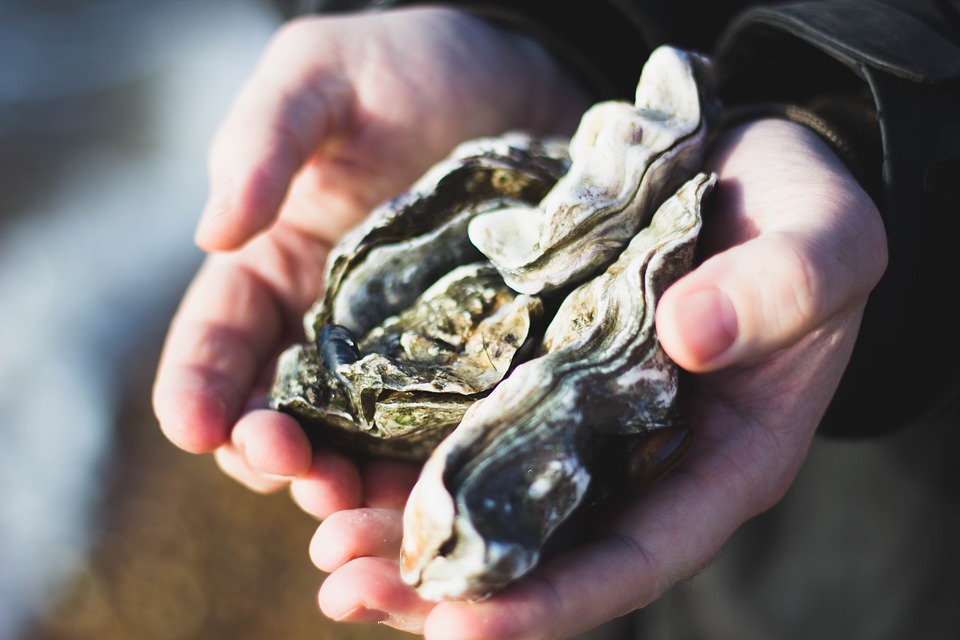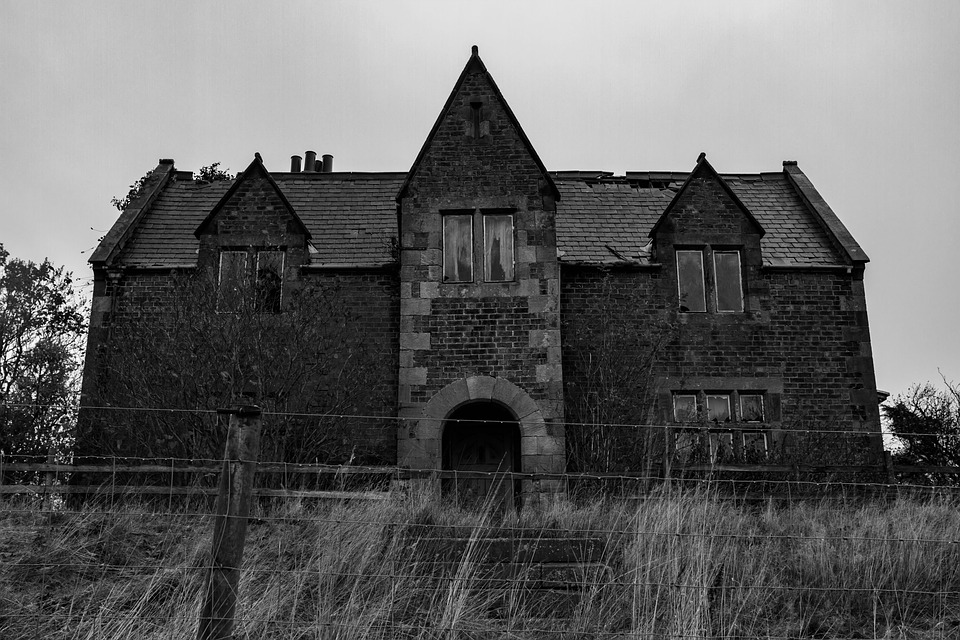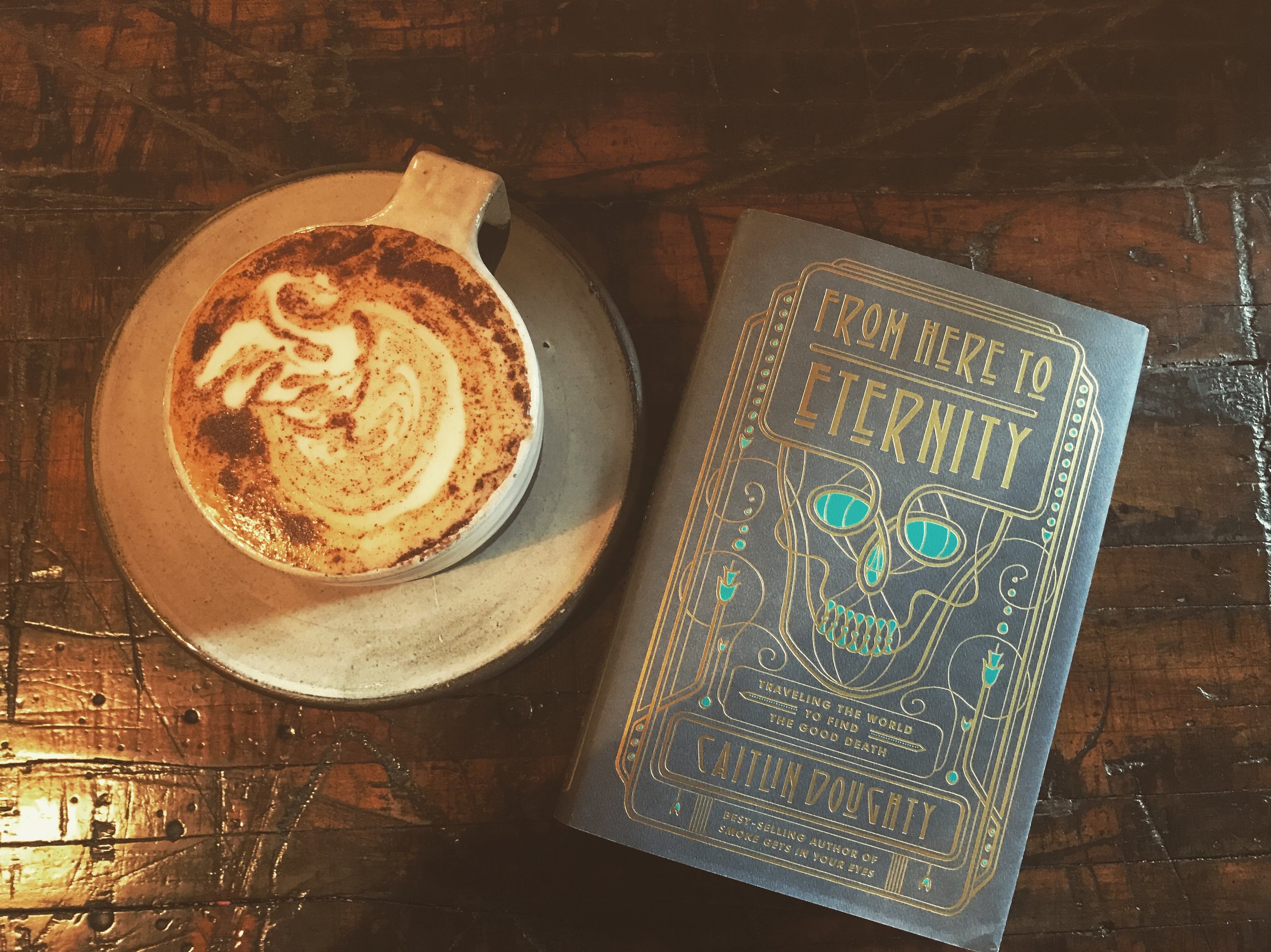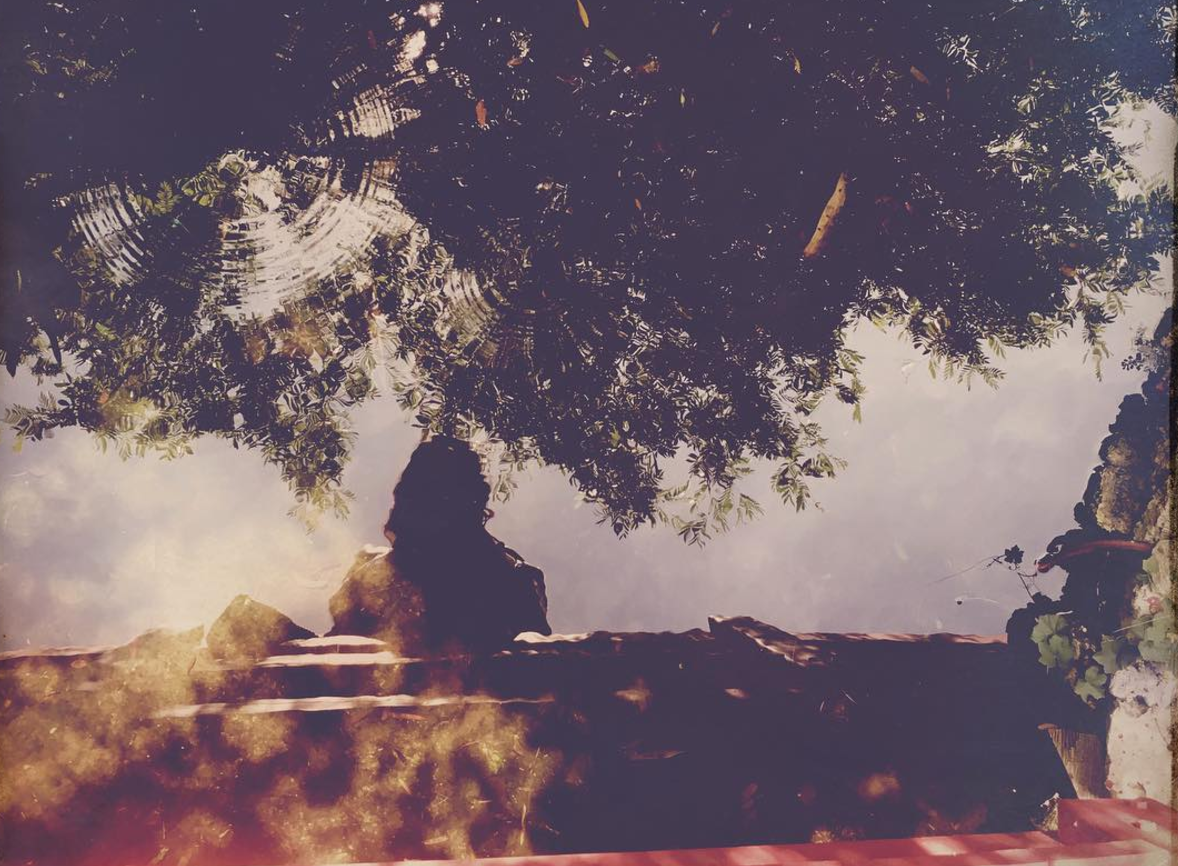I lost someone this year. It was a big, complex, fucked up, messy, bloody, lonely loss. And it was a massive, long-time-coming, poisonous, wounded relationship that only in its last years healed. I am filled of guilt, sorrow, and confusion over it. Maybe you feel the same way about someone you lost. Maybe you didn't lose anybut but you're trying to process a traumatic event—in which case, this is for you, too.
This ritual is about trying to find some relief. It may sound selfish, but the relief I'm talking about here isn't just internal; I also want to send peace to our dead, if that is something you feel comfortable doing.
First things first: There is so no one-size-fits-all or quick remedy for grief, trauma and PTSD—no potion, no prayer, no salve, no savior. Pain is a process we move through. Whatever your belief, whatever your disposition, there will always be a small black stone inside your chest, and it will always hold your suffering. I think of this stone as two palms, cupped, holding in the pain so that it doesn't poison the rest of the body. We must manage our little stone, because for many of us, it won't ever go away. It's an organ, it has a job.
So, here are some of the ways I've encountered death and trauma and ritualized my grief. I believe it's important to do so because it can't be kept in the shadows—because when it's kept in the shadows, it ends up hurting even more.
Grief Cleanse Ritual
Take a bath; quiet your mind. Become clean of all residue, psychic and physical. If you have a bath soak or an oil you like, use it. This is the time to be OK with the pain. Close the door, cry, remain still, be aware of the grief. Let it move through you; be naked with it. I like to use rose oil in my bath— to me, rose is a potent and balanced (it smells beautiful but it has thorns, like our emotional processes).
SO much of grief is exercising strength—in public, on buses, in the street, with other family members, and with yourself during times when you need to sleep or eat or work. That is exhausting. In this ritual, you are allowing grief to run through you, while simultaneously cleansing yourself of it. Your tears will fill the bath, you will bathe in your sorrow, and you will also go back to the root self: nude, defenseless, alone. This may sound frightening—it is—but it's so good to say, "you are free to feel."
If you want to, speak to your dead. Pray. Invoke something. Think on that black stone in your chest and all the hurt it contains—all those memories and fears and all that suffering. In your mind, bathe it glittering white light. Sooth it, tell it that you're thankful for it storing all that darkness for you. Imagine it settling, closing, taking the pain with it—until the next time you need it. Imagine the rest of your body flooded with beautiful, clear light. Let yourself be an alter for good. Be at the alter of yourself.
I believe water is the most potent element. It is what we're made of. It is the ultimate destructive force, and yet it is also the most freeing. In the water, you are as connected to the earth as you could be. Grounding, the act of touching the natural elements, is a powerful tool—it returns us to our authentic selves, and it eliminates all the messiness of life and expectation. It is a dazzling, simple way to come home.
When you finally drain the tub, sit with it; do not get out. Talk to the sorrow—let it know that it's okay, let your dead know it's okay to linger sometimes, let your body know it's okay to feel. But then also ask that you have strength and resolve when you need it. Say whatever you need to say to yourself or something else.
Send white glittering light to your dead, to those who are affected by sadness, and to anyone who hurt you (if you feel comfortable). This act is radical and generous, but it's not always something we feel compelled to do (and that's OK).
The water draining symbolizes the switch; now you can go back to your life and not let the grief overtake you at all moments. You've created a place and time for it. Thank the water. It is always there for you; it's a friend, a deity, a comfort. It will always be there as an alter for your sadness—and your peace.
*** If you're not in the throes of grief but find that that pain still haunts you, it could be a good idea to do this every new moon as a way of checking in with those feelings. Since you're not actively in pain every day, this may be a good way to say, "here is my time to confront you, death." I think this is a healthy way to tap into that spectrum of feelings; it may help you, as therapy, in a long-term way.














































